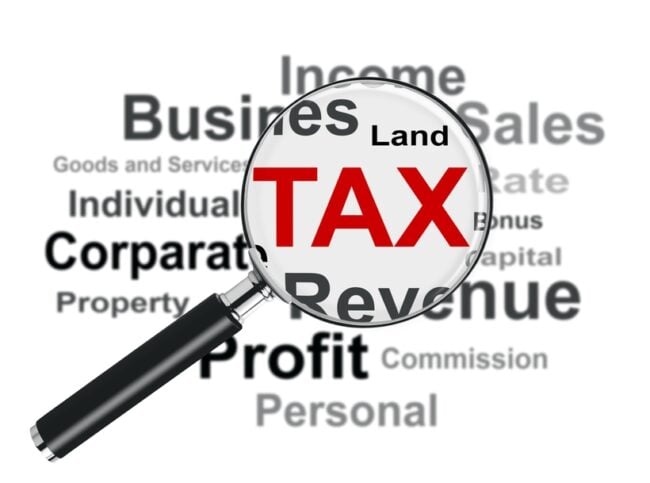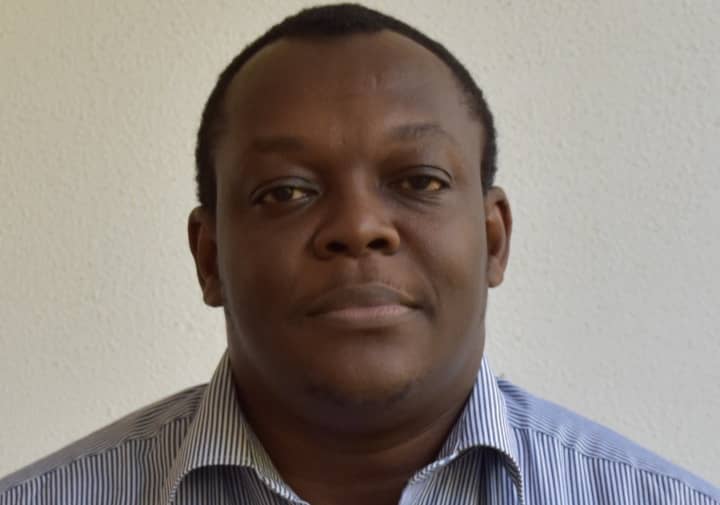A bill seeking to empower the state government to collect value-added tax (VAT) has scaled the first and second reading at the Lagos house of assembly.
The legislators directed the committee on finance which is handling the bill to report back on Thursday.
During the session on Monday, Mudashiru Obasa, the speaker of the house, said the VAT bill would lead to an increase in revenue and infrastructure development.
On August 19, Nyesom Wike, governor of Rivers, signed into law a bill on value-added tax (VAT) collection in the state.
Advertisement
A federal high court sitting in Port Harcourt had issued an order restraining the Federal Inland Revenue Service (FIRS) from collecting VAT and personal income tax (PIT) –- directing the Rivers state government to take charge of the collection.
Obasa urged the Lagos government to do everything legally possible to ensure the judgement of the court in Port Harcourt is sustained up to the supreme court.
He lamented that despite generating about N500 billion annually on VAT, Lagos state received paltry amounts from the federal government.
Advertisement
“It is an opportunity for us to emphasise again on the need for the consideration of true federalism,” he added.
According to Obasa, the VAT bill, when signed into law, will help the state tackle challenges in various sectors.
The landmark judgment of the federal high court prompted the FIRS to file a stay of execution and advised the public to maintain a status-quo on the payment of the taxes.
On Monday, the Rivers state government announced that the court dismissed the FIRS’s application on stay of execution on VAT collection.
Advertisement
The Rivers state government said the court ruled that “granting the FIRS application for a stay of execution would negate the principle of equity.”
Apart from Rivers state, the Lagos state government had directed the FIRS to stop issuing demand notices for payment of VAT and to render accounts, within seven days, of all sums collected as VAT in the current accounting circle in the state.
But the FIRS had also vowed to continue to collect VAT until appeal court decides on legal dispute.
Advertisement
Add a comment






